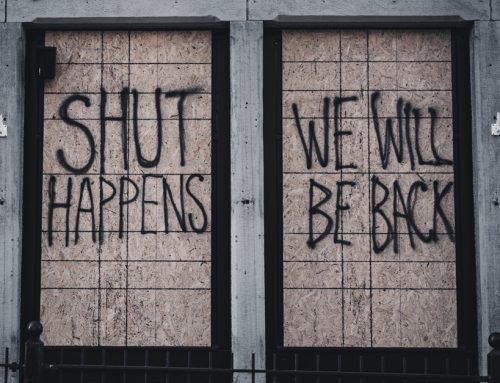Accepting payments from distressed debtors can be tricky. It is tempting when you have a delinquent debtor to push hard, force a payment and move on. However, things aren’t always that simple, particularly if the debtor then becomes insolvent.
Australian insolvency laws are designed to ensure the assets of insolvent companies and people are shared “fairly” between creditors. Unfortunately, trade creditors usually end up at the end of the queue behind secured creditors, priority creditors and of course the costs of the insolvency.
To make things worse, the Corporations Act 2001 also allows liquidators and trustees in bankruptcy to recover payments from creditors who are paid overdue debts when they know (or should know) their debtor couldn’t pay their debts “as and when they fell due”. This allows liquidators to “claw back” payments from creditors, even though the money they received was for a genuine debt. The reasoning behind this is to ensure all the creditors of a company are treated fairly (if not equally)!
The cost to a Creditor of defending these recovery actions, and repaying the payment made by the insolvent debtor, can make accepting the initial payment more expensive than not being paid at all.
It pays to be very careful when recovering money from delinquent debtors. We suggest you always get advice before accepting a substantial and late payment from a debtor.
However, the news isn’t always bad. In Queensland Quarry Group Pty Ltd (In Liquidation) & Anor v Cosgrove [2019] QDC 26, the Court dismissed an attempt by a liquidator to recover payments of over $360,000 that a creditor received from a company on the verge of insolvency.
The liquidator commenced court proceedings to recover the payments from the creditor claiming they were an “unfair preference”. This was because the Creditor should have known the company couldn’t pay its debts and therefore should not have accepted the payments, even though they paid valid debts.
To defend the action, the creditor had to prove that:
- A reasonable person would not have known the company was insolvent;
- She acted in good faith when accepting the funds; and
- She provided valuable “consideration” for the repayment.
The difficulty for the creditor was that the Company had a significant history of late payments, to the extent that the Creditor had taken legal action numerous times before receiving the money she was owed. The Liquidator was obviously confident that this history meant the Creditor should have known or suspected the company was insolvent.
However, the Court held the Creditor was entitled to keep the funds because:
- The Court believed the Creditor’s claim she did not know the company was insolvent, despite her having to take extensive legal action before the Company paid the money owing to her.
- In particular, the Court accepted the Creditor’s evidence that she believed that was just how the company “did business” – it delayed payments because it wanted to, not because it couldn’t pay.
- The Court did not think the history of lengthy legal dispute to recover debts would have caused a reasonable business person to believe the company was insolvent.
- The Creditor received the payments in “good faith” and there was no suggestion of dishonesty or impropriety when accepting the payment; and
- The Creditor provided reasonable consideration for accepting the payment from the Company.
The key issue in this case was the Court accepted the Creditor was a credible witness and accepted she believed the company had the capacity to pay its debts, however failed to do so until the last moment as part of its way of doing business.
This was an expensive loss for the liquidator, who was ordered to pay the Creditor’s costs of the litigation (and of course his own).
It would be fair to say this was a surprising decision and one the liquidator did not expect. Many lawyers believe the decision is wrong because it focused almost solely on what the Creditor thought about the Company’s ability to pay its debts, rather than what a reasonable creditor would have thought.
What’s your thoughts? Have your say in the comments section below. If you’d like to chat to our friendly commercial law team, call us on (07) 3211 2233 or send us an enquiry in the form below.






